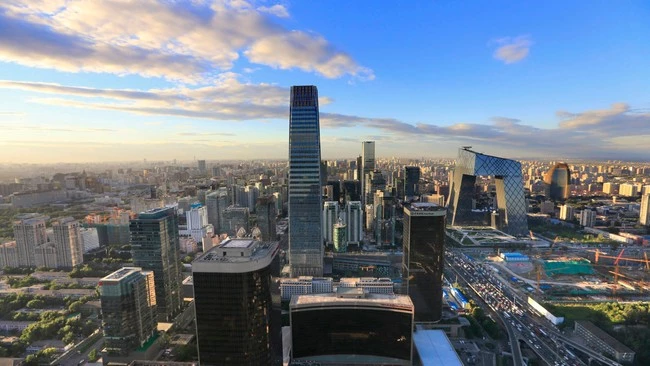From 2013 to 2017, fine particle levels in Beijing and the surrounding region fell by around 35%. This is a remarkable feat and was achieved because of the state’s investment of resources and President Xi Jinping’s vision of an Ecological Civilisation. The “wars on pollution control” launched by the State Council, revamped Air Quality Law, stricter penalties for non-compliance, domestic air action plans, and Beijing’s own innovative actions. While it was a long journey, there are many lessons learnt. It is a lesson for many developed countries who are grappling with their own challenges.
So successful was China’s policies, they were the subject of the United Nations Environment Programme Report in 2019, “A Review of 20 Years: Air Pollution Control in Beijing”, to highlight the country’s remarkable path.
Key to the success, was the role of the Ministry of Ecology and Environment which drove the “war against pollution” since 2013.
The Air Quality Management (AQM) system has taken shape over 20 years and it has been backed by comprehensive legislation and enforcement mechanism; systematic planning; robust monitoring capacity, and high levels of public environmental awareness.
Beijing also provided subsidies, fees and other financial practices, to generate economic incentives for the effective implementation of various measures.



There’s establishing regulations and providing time for adjustments, then there’s what China did.
Authoritarianism is still bad, even if the result is good.